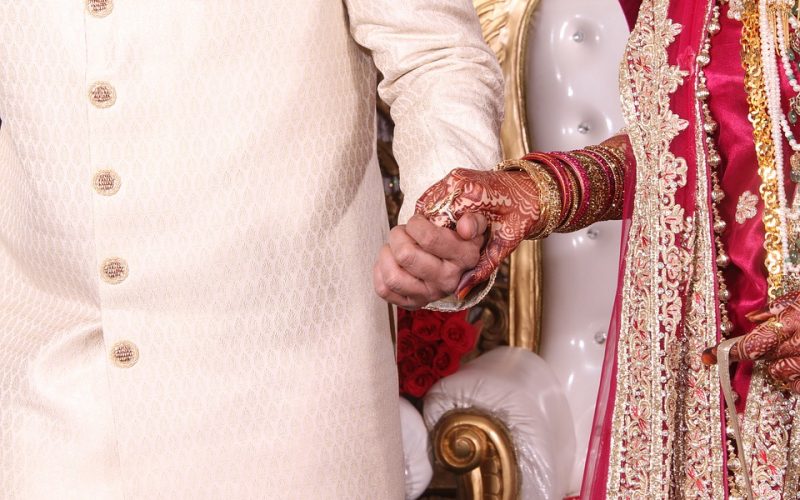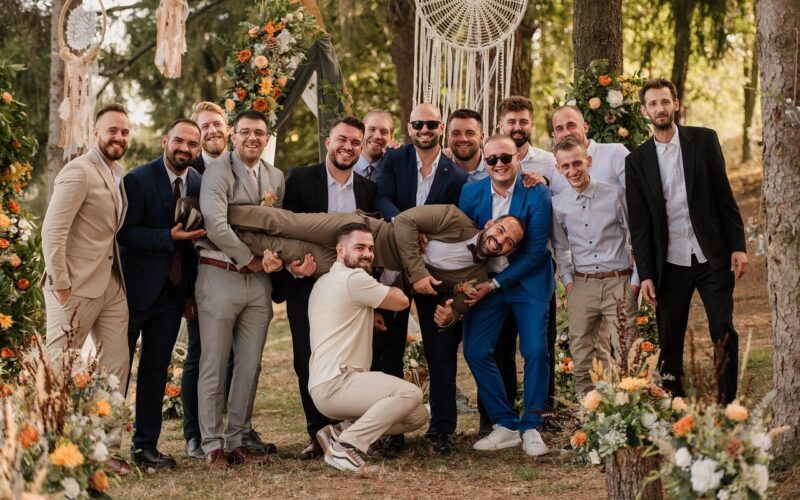Arranged marriages are a tradition practiced in numerous cultures around the globe, prominently seen in countries such as India, Pakistan, Japan, and parts of the Middle East. In these cultures, marriages are typically orchestrated by family members, often with the guidance of matchmakers or through social networks.
The process emphasizes the alignment of social status, family background, religion, and values, seeking not just the union of individuals but also the merging of two families. Within India, arranged marriages are deeply embedded in cultural traditions, serving as a framework that supports social continuity and inherits customs across generations.
Cultural expectations and familial obligations
Despite modern shifts in perspectives, arranged marriages persist, evolving to incorporate elements of choice and consent among the individuals involved. In some contemporary contexts, potential partners meet in supervised settings, allowing them to gauge compatibility before committing.
However, cultural expectations and familial obligations often continue to play a significant role in decision-making. This blend of tradition and modernity has allowed arranged marriages to sustain over time, adapting to changes while maintaining their core essence in many societies.
Arranged marriages can foster strong familial ties
The advantages of arranged marriages are often highlighted by supporters who argue that such unions offer stability and a supportive environment for long-term commitment.
Proponents suggest that families involved in the arrangement ensure that practical considerations, such as financial security and shared life goals, are addressed early on. Moreover, arranged marriages can foster strong familial ties, as both families work collaboratively for the success of the marriage, providing a network of support and shared responsibilities.
Inhibit personal growth and autonomy
Conversely, the drawbacks of arranged marriages often mirror these advantages.
Critics argue that the pressure exerted by families can lead to unions lacking emotional foundation and personal choice. The dynamics of familial obligation may inhibit personal growth and autonomy, potentially trapping individuals in partnerships they may not have chosen freely. Issues such as lack of compatibility or differing personal values may only surface later, complicating the relationship.
Cultural expectations to remain in such marriages, regardless of personal satisfaction, can sometimes prioritize social conformity over individual happiness.
Cultural stigma surrounding divorce
When it comes to divorce rates, studies suggest that arranged marriages historically have lower divorce rates compared to love marriages. However, this statistic can be misleading, as low divorce rates do not inherently indicate marital satisfaction.
Cultural stigma surrounding divorce, especially in conservative societies, often discourages couples from separating, irrespective of their personal happiness. The social acceptance and perceived stability of arranged marriages contribute to preserving the institution but may not accurately reflect the quality of the marital bond.
A sense of mutual respect
Despite these complexities, many couples in arranged marriages report happiness and fulfilment, finding companionship and understanding over time. The support networks provided by the extended family often contribute to overcoming marital challenges.
Couples who enter these marriages with a sense of mutual respect and openness can cultivate strong partnerships, potentially leading to genuine affection and commitment. As with any marriage, communication and compromise are key, allowing individuals to create a shared vision for their future together.
Mutual respect and shared values
Whether in an arranged or a love-based marriage, the fundamental aspects of a successful relationship remain consistent. Mutual respect, shared values, and effective communication are vital for the relationship to thrive.
While the path to union may differ, the destination—a happy, healthy, and enduring partnership—remains the same, contingent on the willingness and effort of both individuals involved.





















